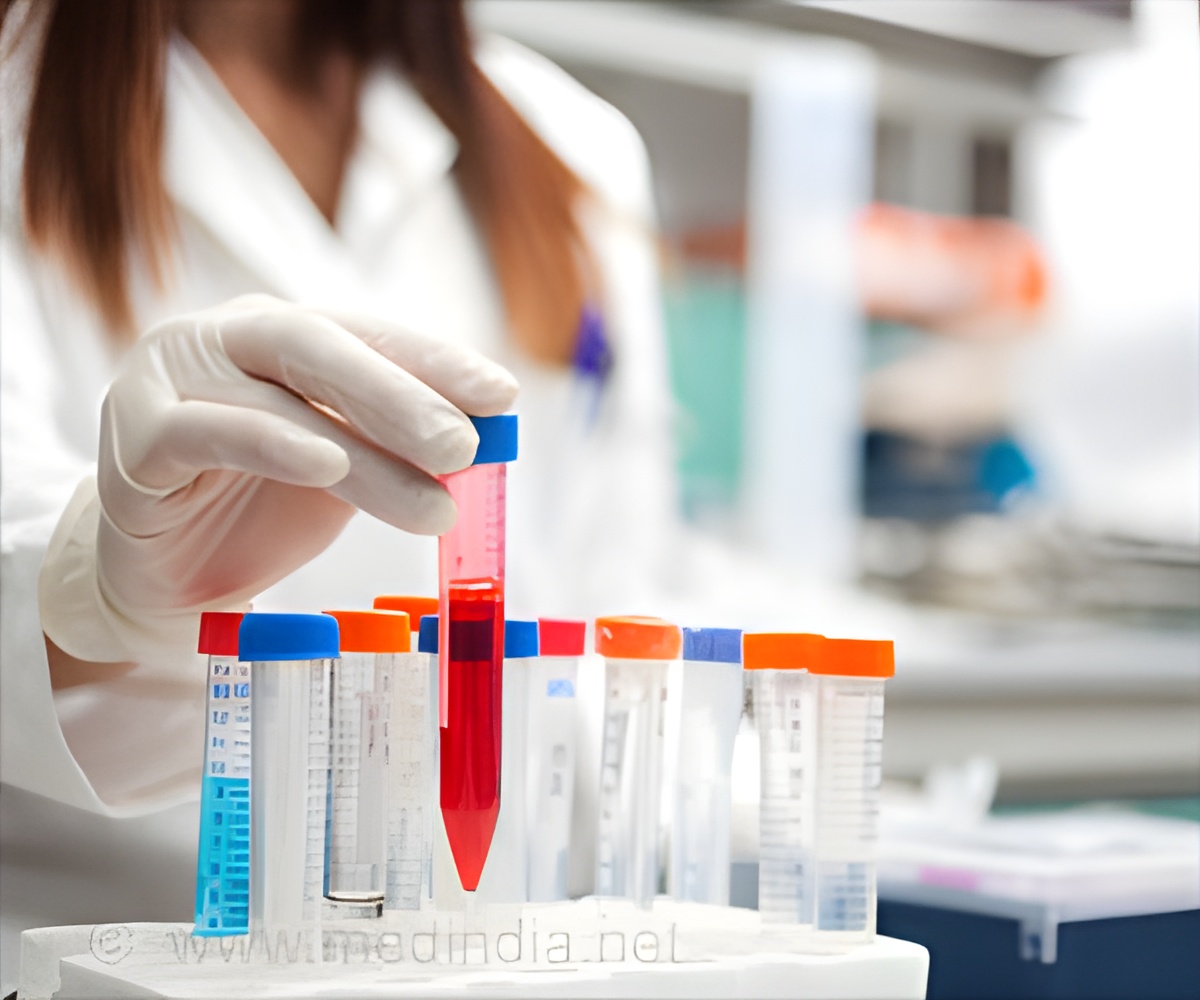A new study shows that the machine learning model uses blood tests to predict COVID-19 survival.

‘Levels of 14 proteins in the blood of critically ill COVID-19 patients were associated with survival.’





In the new study, researchers studied the levels of 321 proteins in blood samples taken at 349-time points from 50 critically ill COVID-19 patients being treated in two independent health care centers in Germany and Austria.A machine learning approach was used to find associations between the measured proteins and patient survival. 15 of the patients in the study died; the average time from admission to death was 28 days.
For patients who survived, the median time of hospitalization was 63 days. The researchers pinpointed 14 proteins that, over time, changed in opposite directions for patients who survive compared to patients who do not survive on intensive care.
The team then developed a machine learning model to predict survival based on a single time-point measurement of relevant proteins and tested the model on an independent validation cohort of 24 critically ill COVID-10 patients.
The model demonstrated high predictive power on this cohort, correctly predicting the outcome for 18 of 19 patients who survived and 5 out of 5 patients who died (AUROC = 1.0, P = 0.000047).
Advertisement
Advertisement















